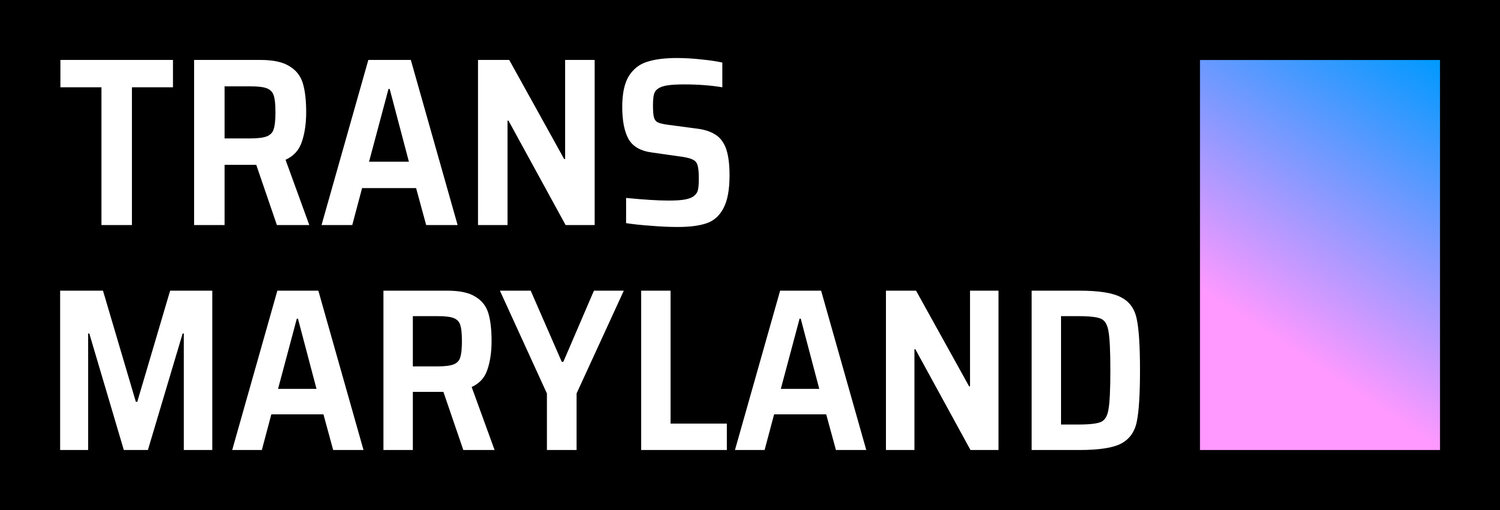Trans health advocates must talk back to medical decision makers
By Suzi Chase
Suzi Chase is a teacher, writer, and trans activist. She is a nonbinary trans woman who lives in Howard County, MD.
I came across a social media post that resurrected a paper published in 2015 by 21 transgender health specialists around the world. The topic was the two referral letters from mental health professionals that most standards of care call for as a prerequisite to certain types of gender confirming surgery.
It was detailed and involved, but amounted to a piece-by-piece take down of the 2-letter requirement. It’s a long read, written in a scientific format precisely because it’s designed to appeal to the scientists who originated, support, and perpetuate the requirement. Among the points it makes are:
The most oft-stated rationales for the requirement -- that the surgeries are irreversible, remove healthy tissue, and threaten fertility -- are not applied to other similar surgeries that are not typically performed on trans people.
There is little objective evidence that the requirement addresses the concerns for which it was put in place.
Requiring trans people to undertake this step but not other populations undergoing surgeries of similar irreversibility amounts to a paternalistic attitude that trans people are not capable of informed decision making.
It is especially timely because the World Professional Association for Transgender Health (WPATH) is currently crafting the newest version of its Standards of Care (SOC). For the unfamiliar, the WPATH SOC have become the most widely used and followed set of guidelines for making medical decisions related to transition care. They represent the current knowledge of best practice for transgender care as agreed upon by the medical community. These guidelines are important. Without them, doctors and other providers would be blundering about in the dark, unsure of what constitutes affirming care.
WPATH works hard to keep their recommendations current. This would be the eighth version of that document since WPATH was founded as the Harry Benjamin Society during the 1970s, and the first major revision since 2012.
“We have no say and little visibility into the formation of policies that direct our medical care.”
The current standards of care represent a vast improvement on what came before, and go a long way to remove harmful (and possibly deadly) obstacles to care inherent when practitioners devise their own arbitrary standards. However, they are widely considered due for their periodic update.
Waiting for the new SOC feels eerily like having my parents discuss whether I’m old enough, mature enough, and trustworthy enough to give me the allowance I’ve been asking for.
That comparison is especially appropriate. In many ways, the medical community’s current system of gatekeeping still treats us like children. We are assumed not to know our own gender unless mental health professionals agree. Many see that as a type of oppression -- that cisgender people are entitled to be whole in a body that affirms their gender whereas we need to prove ourselves. All this shouldn’t be surprising. Health professionals typically do not have equitable treatment of trans people as a large part of their agenda. They are out to improve clinical outcomes, which the WPATH SOC, by normalizing transgender care largely do. However, the experiences of patients, while not completely off their radar, are a secondary goal at best. To expect them to do otherwise would be optimistic. Their SOC provide vital standardization of the process, and without them our care would be byzantine, but they are developed by practitioners of medicine, not trans advocates.
That’s part of the problem. We have no say and little visibility into the formation of policies that direct our medical care. Yes, there are a growing few trans people sprinkled amongst the largely cisgender assemblage of decision-making health professionals, but it’s not clear that any of them see their role as being a representative for the rest of us. When is the last time anyone asked you whether our modern guidelines work for your needs?
I’m very fond of the expression, “If you’re not at the table, you’re on the menu.”
“In many ways, the medical community’s system of gatekeeping still treats us like children.”
That’s why organizations like Trans Healthcare Maryland, that advocate for the needs and experiences of trans healthcare consumers, are critically important. We need groups whose role is to call out professionals when the policies policies they draw up don’t go far enough to enable the agency and body autonomy of trans people.
That’s a big reason why I’m so honored to accept the invitation of Trans Healthcare Maryland’s leadership to write articles to help keep trans Marylanders informed and advance fresh perspectives and ideas. I’m looking forward to providing innovative and original viewpoints for the community.
Thank you for the opportunity.
